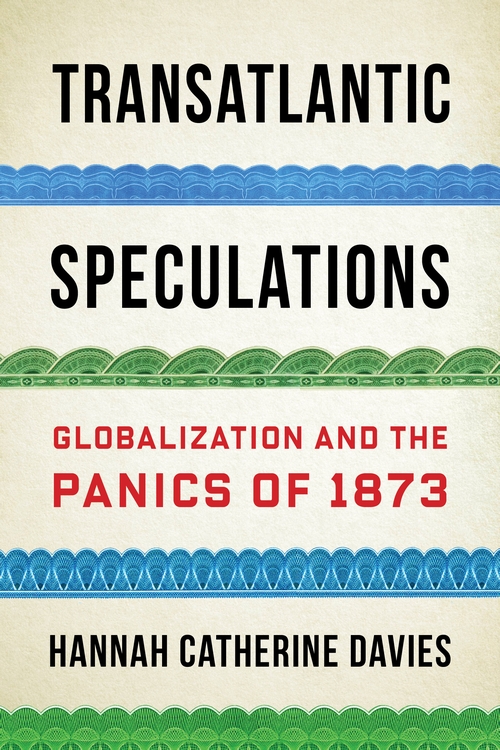The Georgian Crisis and Beijing´s Olympics
The following post is by Victor Cha, the D. S. Song-Korea Foundation Chair in Asian Studies and associate professor of government in the Edmund A. Walsh School of Foreign Service at Georgetown University and author of the forthcoming Beyond the Final Score. (Read his earlier post.)
As we enter the middle weekend of the Games, it is interesting that the political protests and complaints evident in the run-up to the Games have been quite muted. This was what the Chinese leadership probably had hoped for—grit one’s teeth and bear all the criticism in the run-up to the Games, betting that once the actual events started, all of the media coverage and public interest would be focused on the sports. This has pretty much proved true through the first week. While the run-up to the Games saw every media outlet filing stories on the political protests and China’s “disastrous Olympics” there have been noticeably fewer stories. A couple of papers, including the Daily Telegraph, have been filing stories on the designated “demonstration areas” that remain completely unused, and how those who have sought a permit to demonstrate have either run into yards of bureaucratic red tape or been detained. If the story of the eight or so pro-Tibet protestors who were manhandled by Chinese security had occurred before the Games, it would have been a major issue. Now, it barely gets noticed. What accounts for this? In part, I think it is the pure attraction and infatuation with the sport—after all, the Games come only once every four years and it is magical to watch. The first week has also seen U.S. athletes perform extremely well, from Phelps to the unbeatable beach volleyball duo to the “Redeem Team” which has dominated NBC’s coverage. Russia’s incursion into Georgia, while horrible, was probably a godsend from the Chinese leadership’s perspective—it put the political focus on Moscow rather than on Beijing. Predictions on a blog are dangerous, but I think the Chinese could be in for a rougher ride the second week as coverage of the Games will move beyond the initial infatuation with the events to a more critical look.
Anyone notice how some of the top tennis players are falling like flies? Federer, Blake, the Williams sisters. One might think that a loss in the Olympics would be somewhat comforting in the sense that the athletes could then head back to the United States to get their bodies readjusted to Eastern Standard time ahead of the U.S. Open. But many of them are still stuck in Beijing because they are still competing in doubles. This is presumably why some of the athletes, like Andy Roddick, chose to skip the Olympics in order to be better rested and prepared for the U.S. Open. We may see a lot more first/second round upsets from some jetlagged players at Flushing Meadow in a couple of weeks!


